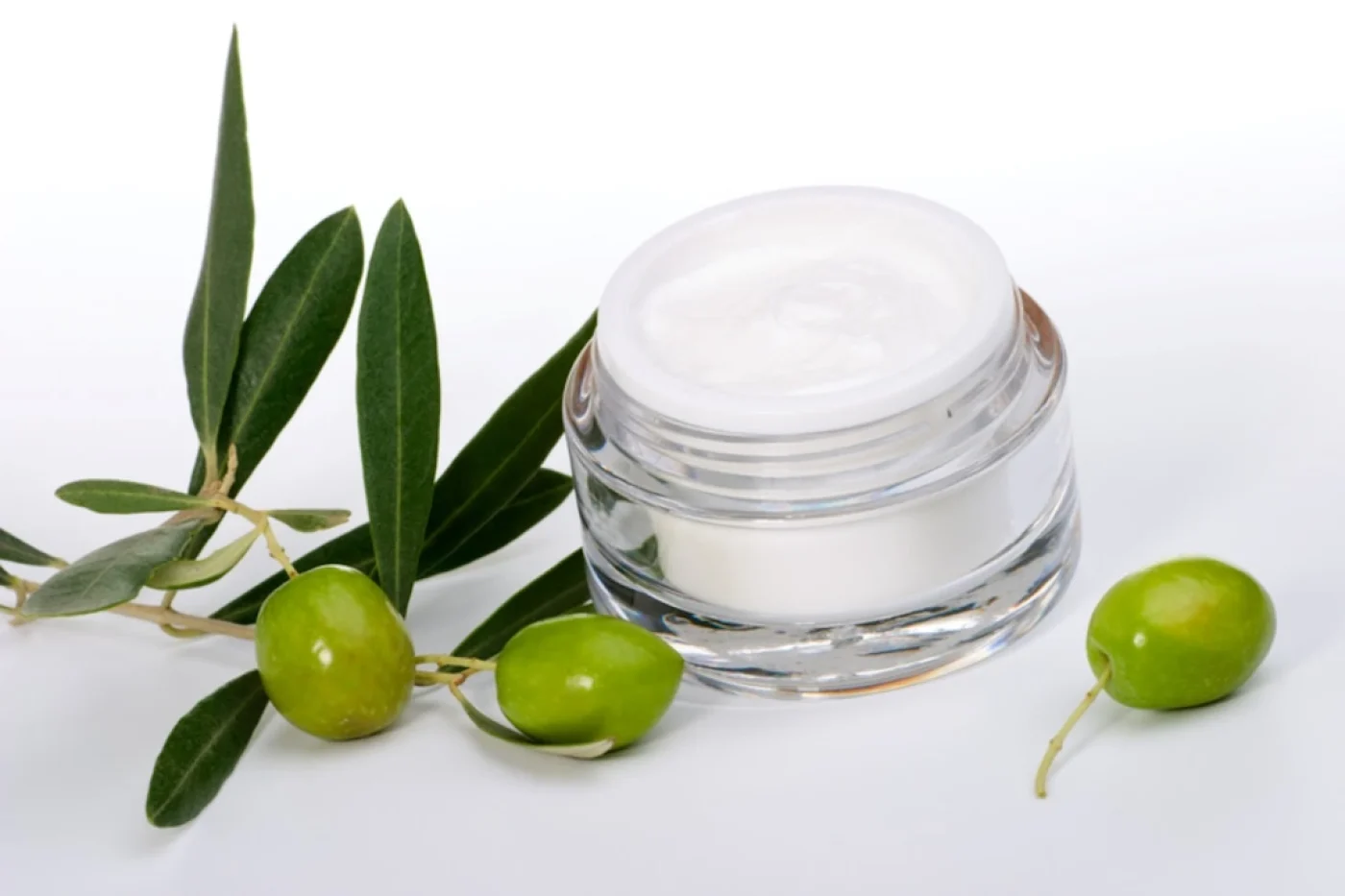
Hydroxytyrosol is among the 25 phenolic compounds found in extra virgin olive oil and plays a role in preventing non-communicable diseases.
The Mediterranean diet has long been studied for its health benefits and its link to longevity in the so-called “”blue zones”””. The significant presence of vegetables, legumes, and fruits and the lower intake of red meat are considered by many to be the main sources of these benefits.
However, Tommaso Beccari, professor of biochemistry at the University of Perugia in Italy, says there’s more. Among the main reasons for the MedDiet’s well-documented effects on human health is the widespread presence of hydroxytyrosol. Its presence in the Mediterranean diet enhances its overall health-promoting effects.
Main dietary sources include extra virgin olive oil, olives, olive paste, and olive leaf extract. These foods are rich in hydroxytyrosol, which contributes significantly to the beneficial and healthy profile of the Mediterranean diet.
In addition to extra virgin olive oil and olive products, some wines and fruits, such as cherries, also provide varying amounts of hydroxytyrosol.
Hydroxytyrosol is one of the thousands of phenols found naturally in plants. Its characteristics make it one of the most beneficial antioxidants among phenols and the other healthy components of extra virgin olive oils. And its 99% bioavailability allows for its almost complete integration into the human body upon consumption.
For decades, scientists have explored the impact of hydroxytyrosol in mitigating or even preventing diseases such as cardiovascular disease, neurodegenerative disorders, cancer, diabetes, and pulmonary pathologies, known as non-communicable diseases. The study of hydroxytyrosol began in the late 20th century, driven by a growing interest in the health benefits of the Mediterranean diet.
It was in the early 1990s that hydroxytyrosol was identified as a major component of olive oil, leading to more intensive research into its properties and potential applications.
Since then, scientific investigations have elucidated its molecular mechanisms, bioavailability, and therapeutic potential in the prevention and treatment of non-communicable diseases.
Hydroxytyrosol, a potent antioxidant and anti-inflammatory agent, is critical for the prevention and control of non-communicable diseases. In this sense, the protective effects of hydroxytyrosol against several non-communicable diseases are mitigated through its ability to scavenge free radicals, reduce oxidative stress, modulate inflammatory responses, and improve various cellular functions.
Decades of research have allowed scientists to identify some critical mechanisms triggered by hydroxytyrosol intake. Thus, by modulating inflammatory pathways, hydroxytyrosol helps mitigate the chronic low-grade inflammation associated with non-communicable diseases.
The anti-inflammatory properties of hydroxytyrosol inhibit the production of pro-inflammatory molecules. In most cases, non-communicable diseases are caused by chronic inflammation that extends over several years to the point of triggering serious illness.
Therefore, the anti-inflammatory action of hydroxytyrosol helps mitigate this process, thereby reducing the risk of disease development. In addition, hydroxytyrosol influences cell signaling pathways, gene expression, and enzyme activities, affecting multiple physiological processes.
Ongoing research is investigating the additional effects of hydroxytyrosol. Studies suggest its potential to enhance protection against neurodegenerative processes, modulate immune responses, inhibit cancer cell proliferation, and regulate metabolic disorders.
In addition, research has shown that consuming hydroxytyrosol improvesendothelial function, which plays a crucial role in cardiovascular health.
Hydroxytyrosol consumption promotes blood vessel dilation, improves blood flow, and reduces the risk of endothelial dysfunction, a key factor in the development of cardiovascular disease.
The precise mechanisms underlying these effects are being actively explored to unlock hydroxytyrosol’s full therapeutic potential.
The unique nature of phenol has led scientists to explore new pharmaceutical formulations or nutritional supplements based on hydroxytyrosol. Thus, Beccari and Bertelli are among the authors of a 2020 study published by the Journal of Biotechnology investigating the promising pharmacological activities of hydroxytyrosol.
Bertelli said that hydroxytyrosol’s antioxidant properties could support the development of drugs to reduce oxidative stress and prevent or control associated diseases.
Nutritional supplements containing hydroxytyrosol are already available, highlighting its potential as a natural compound with health benefits. These supplements provide a concentrated dose of hydroxytyrosol, offering an alternative means of harnessing its protective effects against non-communicable diseases.
Ongoing research is exploring new delivery systems and formulations that optimize the bioavailability and efficacy of hydroxytyrosol in supplement form.
In recent decades, a growing body of research has explored the beneficial effects of extra virgin olive oil consumption. In addition to hydroxytyrosol, EVOO contains various bioactive compounds.
While researchers analyzed the specific qualities of hydroxytyrosol, they also found that its presence in extra virgin olive oil enhances the impacts of other beneficial compounds.
It exerts a synergistic effect with other bioactive compounds in EVOO, such as oleic acid and polyphenols, enhancing the overall health benefits associated with its consumption.
Considering these qualities, the effects of hydroxytyrosol contribute significantly to the overall beneficial effects of extra virgin olive oil consumption.
Its presence enhances the antioxidant and anti-inflammatory potential of EVOO, making it a valuable component for preventing and managing non-communicable diseases.
Given its central role in the health benefits of olive oil, researchers have published several methods for estimating the amount of hydroxytyrosol present in EVOO over time. years.
Today, these methods allow extra virgin olive oil producers to determine the volumes of phenols and polyphenols in their products and how they vary over the years.
Only a few producers currently include polyphenol content on their extra virgin olive oil labels. Still, the phenolic profile of an EVOO is increasingly relevant to consumers.
Producing high-quality extra virgin olive oil is an exceptionally difficult and expensive task. Harvesting olives earlier retains more nutrients and extends shelf life, but the yield is much lower than that of fully ripe olives that have lost many of their healthy compounds.
Important Note: aceitedelcampo.com promotes the consumption of extra virgin olive oil for its culinary qualities and health benefits. However, no medication or current treatment should be replaced without the guidance of a healthcare professional.
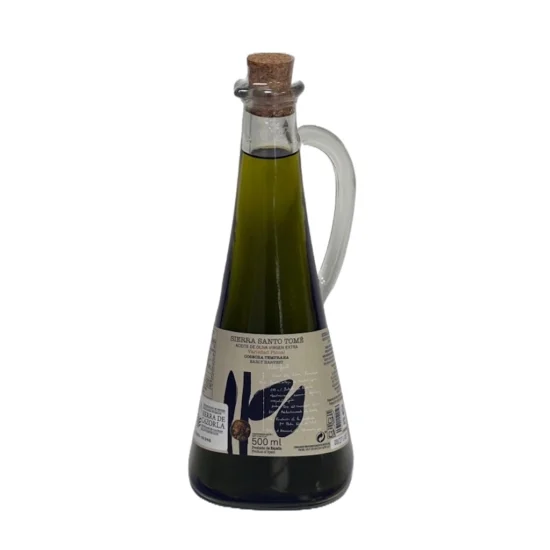
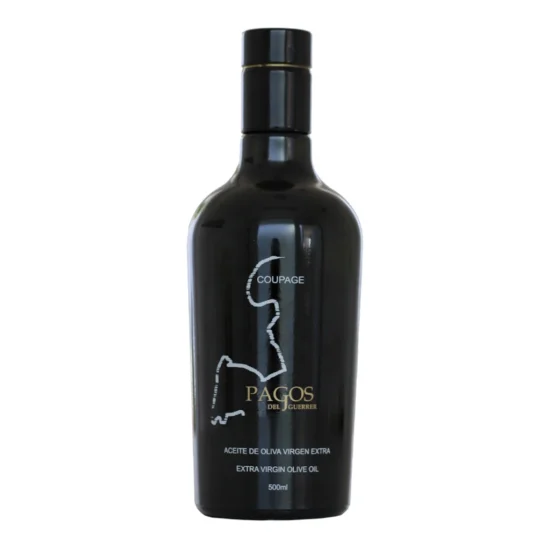
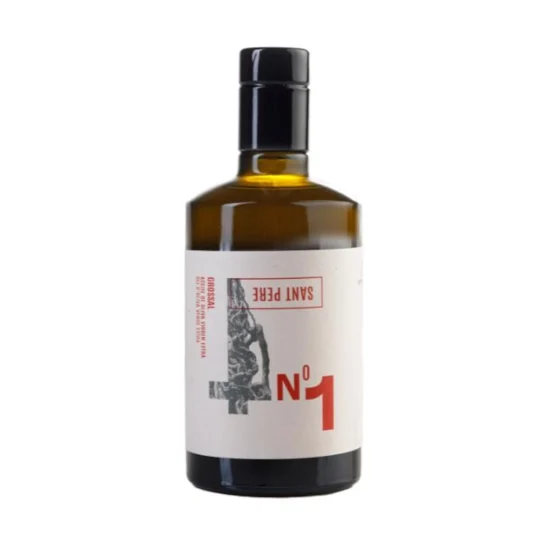
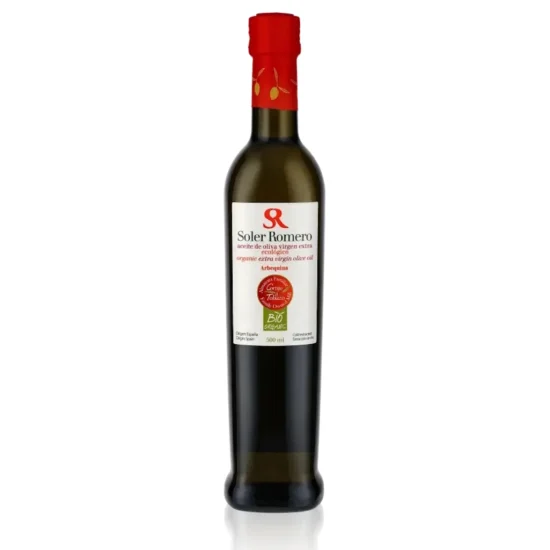
ALZAYT EXPORT SL
info@aceitedelcampo.com
C/ Eduardo Bosca 19, 2-5
46023 Valencia
Subscribe and receive a coupon by email for your next purchase.